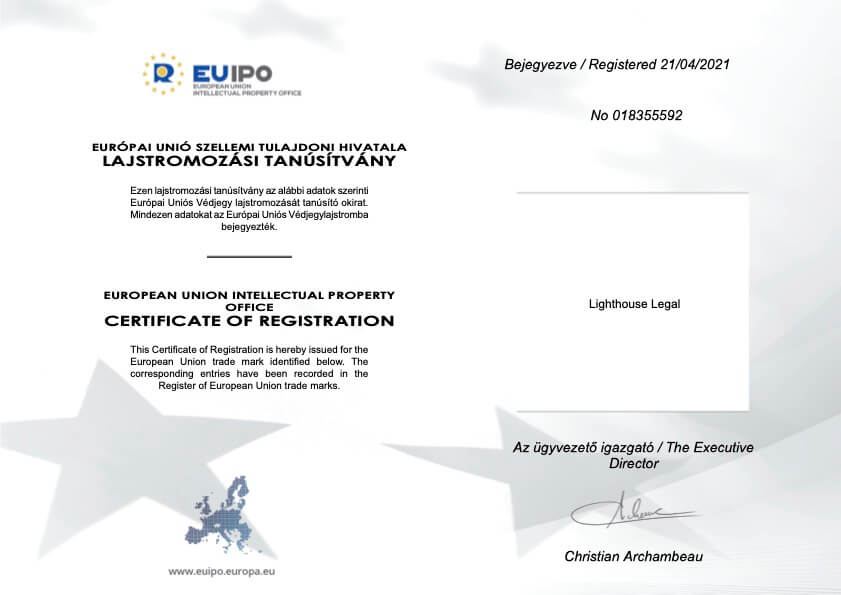
A sizeable domestic company approached our law firm to explore how and under what conditions it could participate in the establishment of a pension cooperative.
The company's idea was to provide employment in a favourable tax environment for its former employees who were retired but wanted to earn extra income in addition to their pension.
The task of our law firm was to explain in detail the benefits of the employment scheme, the possibilities of setting up and operating it, to estimate the costs of the project, and to give ideas on how to prepare and manage the implementation. In addition, to explore the possibilities for external use of the human resources involved, i.e. the sale of cooperative services.
In our feasibility study, we highlighted that, unlike other types of cooperatives, only natural persons could be members of a pensioner cooperative, so our client cannot be a founding member, but it can initiate the creation of such an organisation to its former employees and, if it is successful, conclude a strategic agreement with them.
We emphasised that in this case, the strategic partnership is not a disadvantage compared to the founder status, as the cooperative cannot be dominated by a predominance of assets since the "one member, one vote" principle is directly reflected in the provisions limiting capital formation.
Close cooperation can be guaranteed, however, if the company provides the cooperative of its pensioners with office space and administrative assistance and its officers with training.
We recommended that in line with the principle of 'open membership', the access of retired members of other companies to the cooperative should not be restricted and that members should be allowed to work in other companies of the group or even in external companies. Once the conceptual issues were clarified, a proposal was made on the choice of name, how the officers would be selected, and how the future pensioner cooperative would be integrated into the company's "social responsibility" model.

